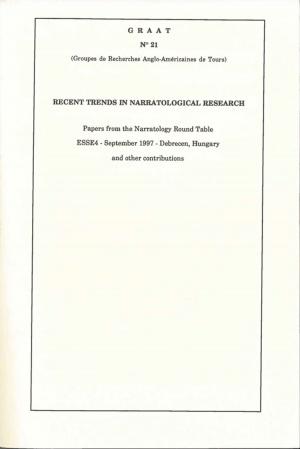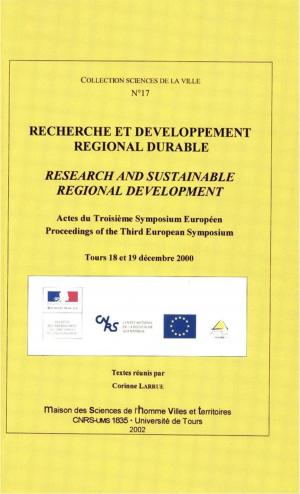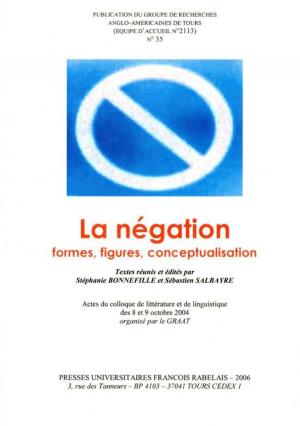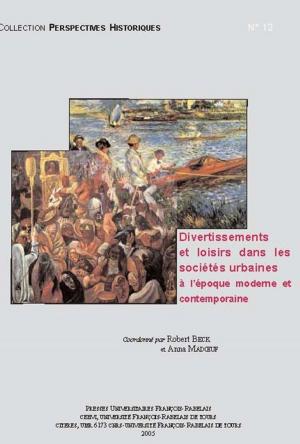| Author: | Collectif | ISBN: | 9782869064737 |
| Publisher: | Presses universitaires François-Rabelais | Publication: | June 1, 2017 |
| Imprint: | Presses universitaires François-Rabelais | Language: | English |
| Author: | Collectif |
| ISBN: | 9782869064737 |
| Publisher: | Presses universitaires François-Rabelais |
| Publication: | June 1, 2017 |
| Imprint: | Presses universitaires François-Rabelais |
| Language: | English |
How is it possible to belong to a territory when its boundaries are no longer exclusively physical? How can we define the centre, or allegiance to that centre, at the beginning of the third millennium, if that centre cannot hold? 2In an age when appeals are made both to sovereignty and "the global village", when terms such as "subsidiarity" and "the international community" have become common currency, the notion of membership is irrevocably plural. 3This obviously invites reflection upon the fluctuating relations between central authority and secessionist tendencies in a historical perspective. Today one might consider that the issues of federalism and devolution are not necessarily incompatible. Another case in point would be the tensions between competing conceptions of nationhood experienced in America, between the "melting pot" and a genuinely multicultural society, and between the various linguistic, social, religious and ideological identities.
How is it possible to belong to a territory when its boundaries are no longer exclusively physical? How can we define the centre, or allegiance to that centre, at the beginning of the third millennium, if that centre cannot hold? 2In an age when appeals are made both to sovereignty and "the global village", when terms such as "subsidiarity" and "the international community" have become common currency, the notion of membership is irrevocably plural. 3This obviously invites reflection upon the fluctuating relations between central authority and secessionist tendencies in a historical perspective. Today one might consider that the issues of federalism and devolution are not necessarily incompatible. Another case in point would be the tensions between competing conceptions of nationhood experienced in America, between the "melting pot" and a genuinely multicultural society, and between the various linguistic, social, religious and ideological identities.















